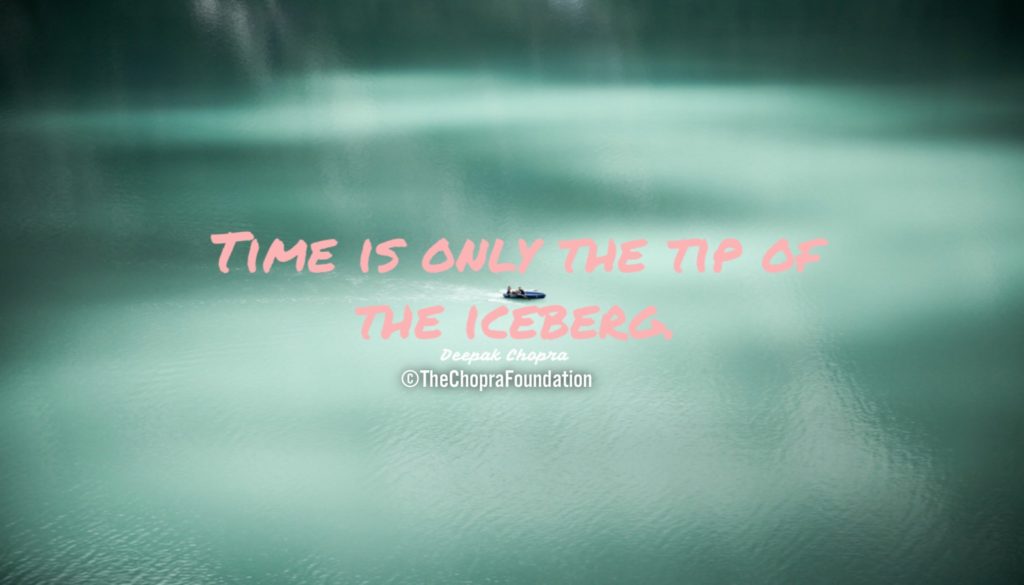By Deepak Chopra, MD and Rudolph E. Tanzi, PhD
Ever since its structure was unraveled in the early Fifties, DNA has been considered the mastermind of the cell. Sitting in splendid isolation in the cell’s nucleus, DNA encodes all of life. It sends duplicates of itself (RNA) to direct the manufacture of proteins; and proteins, as high-school biology teaches, are the building blocks of the cell. In terms of biological machinery. The genetic picture has gotten more and more sophisticated ever since.
But something doesn’t look quite right here. If every cell is a biological robot, and the entire body is made up of cells, then we must be biological robots too. This view, which a surprising number of geneticists believe in, cannot be true. It is a conclusion that the old model of DNA supported because that model was reductionist–that is, all complex processes can be explained by breaking them down into more basic processes. The whole approach is totally logical, but nobody can seriously claim that the works of Shakespeare and Mozart are explainable by protein manufacture. And in our daily lives we think thoughts and feel emotions, which proteins don’t, or cells for that matter.
As a result, genetics has been racing to catch up with human reality. On several fronts there has been progress, of a sort. So-called Systems Biology has emerged to examine how the body works as a dynamic, changing organism responding to input from the environment. In this way DNA stopped being so rigid and got into the game. On another front a field known as epigenetics began to study how everyday experience, including our lifestyle and memory, actually gets chemically imprinted on our genes. Again, DNA became more dynamic and responsive.
But while DNA was getting liberated, what was really happening? One could argue that the only thing changing was a scientific model. Reality wasn’t changing at all. Now it is dawning that DNA is fundamentally so mysterious, biology can’t even contain it, much less explain it. The crack in mainstream genetics came from the huge shock administered by the Human Genome Project, which discovered, to widespread dismay, that the complexity of human life came down to only 20,000 genes. This number was ridiculously small, about 20% of the previous guesstimate. To quote geneticist John Mattick, “that number is tiny. It’s effectively the same as a microscopic worm that has just 1,000 cells.”

